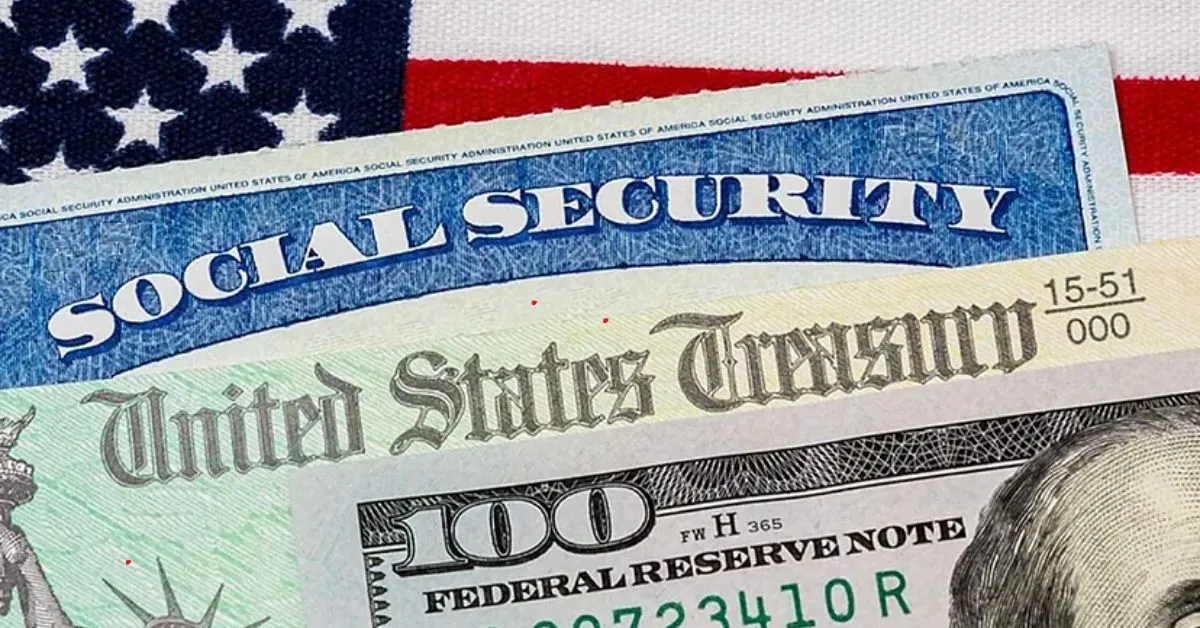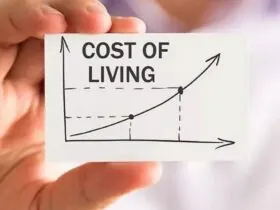Social Security Disability Insurance (SSDI) offers crucial financial support to individuals who are unable to work due to a disability. For those who qualify, timely SSDI payments are essential to maintaining financial stability. Understanding when and how these payments are issued can help recipients avoid confusion and ensure they receive their benefits on time.
How SSDI Payments Are Scheduled
This Article Includes [hide]
The Social Security Administration (SSA) follows a structured payment schedule based on recipients’ birth dates or their work records. This staggered approach helps the SSA manage the processing of millions of payments each month. The goal is to avoid any delays and ensure all eligible individuals receive their benefits in a timely manner.
Payment Schedule Based on Birth Dates
The payment date for SSDI recipients primarily depends on the date of birth. Here’s a breakdown of when payments are made based on birth dates:
- Birthdays Between the 1st and 10th of the Month: SSDI payments for these individuals are issued on the second Wednesday of each month.
- Birthdays Between the 11th and 20th of the Month: For recipients born during this period, payments are issued on the third Wednesday.
- Birthdays Between the 21st and 31st of the Month: Those with birthdays in the final days of the month receive their payments on the fourth Wednesday.
This schedule helps maintain a smooth and organized distribution process.
Special Circumstances for Payment Timing
Certain individuals qualify for a different payment schedule based on specific circumstances. These include:
- Recipients Who Began Receiving Benefits Before May 1997: Individuals who were approved for SSDI benefits before May 1997 will have their payments issued on the 3rd of each month.
- Living Outside the U.S.: SSDI recipients who live outside the United States also receive their payments on the 3rd of the month.
- Receiving Both SSI and SSDI: Those who qualify for both Supplemental Security Income (SSI) and SSDI benefits will follow this same early payment schedule.
- State-Paid Medicare Premiums: If the state pays an individual’s Medicare premiums, their payment is also made on the 3rd of the month.
These special criteria help ensure that people in unique circumstances aren’t delayed by the staggered birth date system.
January 2025 Payment Dates
The SSDI payment schedule for January 2025 is as follows:
- January 3: Recipients who meet any of the special criteria (living outside the U.S., receiving both SSI and SSDI, or started receiving SSDI benefits before May 1997) will receive their payments on this date.
- January 8: Individuals with birthdays between the 1st and 10th of January will have their payments issued on this date.
- January 15: SSDI recipients whose birthdays fall between the 11th and 20th of the month will receive payments on January 15.
- January 22: For those with birthdays between the 21st and 31st, payments will be issued on January 22.
This specific payment schedule helps ensure all recipients receive their benefits in an organized and timely manner.
What to Do If Your Payment Is Delayed
If you find that your SSDI payment has been delayed, it’s important to take swift action. Start by contacting your bank to check if there were any issues on their end that might have caused the delay. If your bank confirms there are no issues, your next step should be to contact the SSA directly. You can reach the SSA at 1-800-772-1213 (TTY 1-800-325-0778) or visit your local Social Security office to resolve the problem. Prompt action will help ensure you don’t face any prolonged delays in receiving your benefits.
Conclusion
Understanding the SSDI payment schedule is crucial for recipients to manage their finances and ensure they receive their benefits on time. By being aware of when payments are issued based on birth dates or special circumstances, individuals can avoid confusion and take appropriate action if there are any delays. Stay informed about the schedule, and reach out to the SSA if you need assistance with any issues regarding your payments.







Leave a Reply